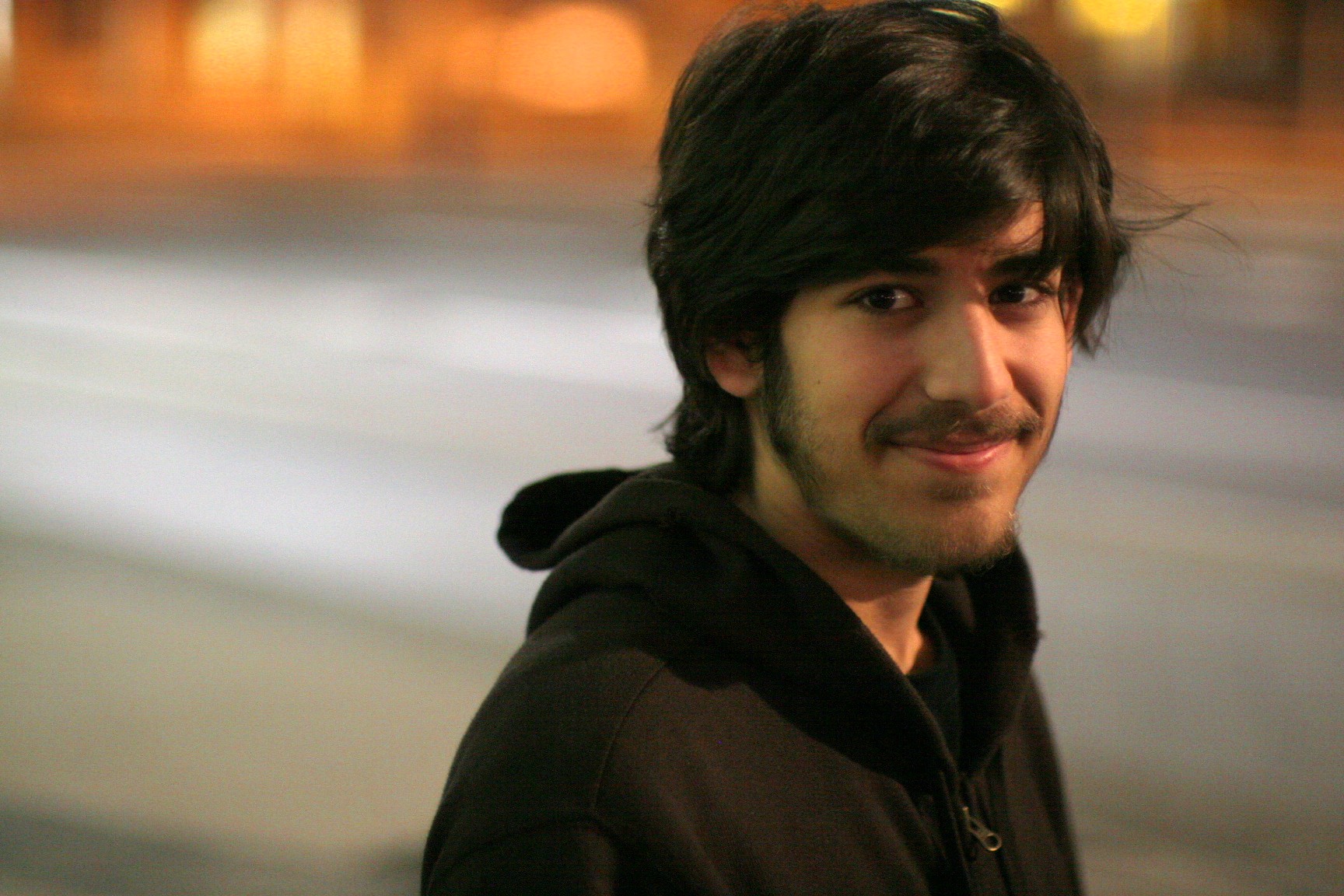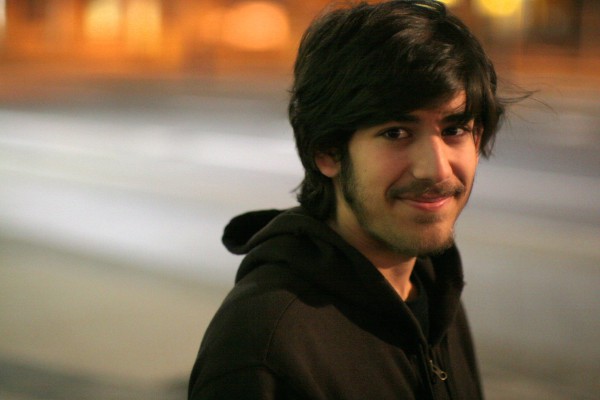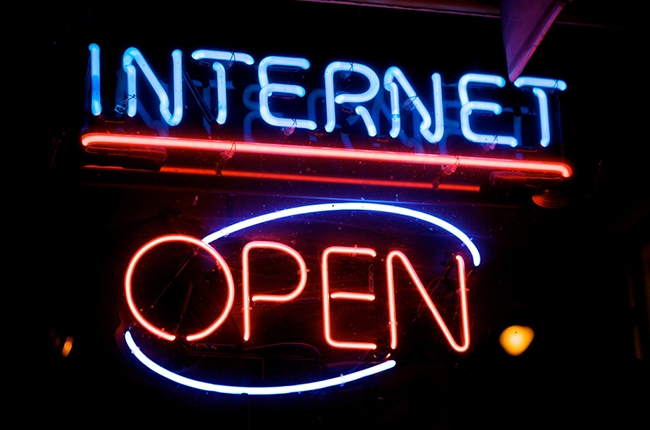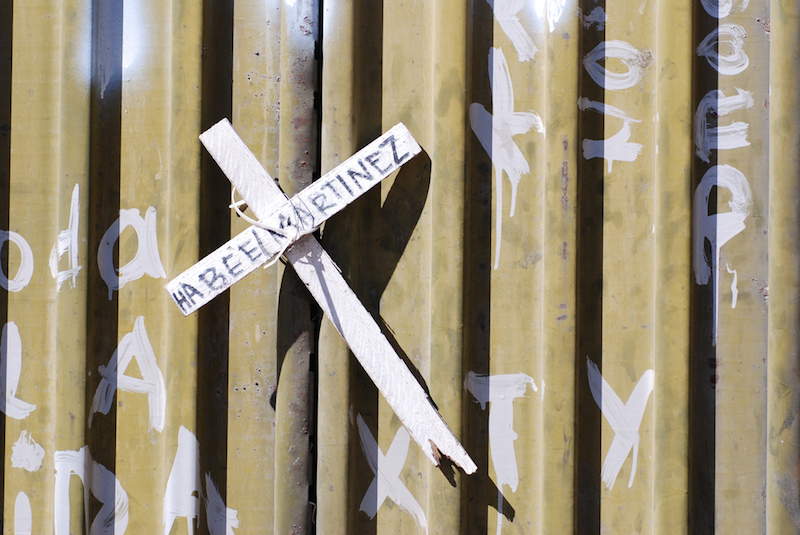State sovereignty, as defined in the Treaty of Westphalia, does not and cannot coexist with the internet. There is simply no such thing as a “Canadian” or “Japanese” internet, the latter naturally extending beyond border limits. Its abuse, some therefore argue, is deserving of an increased repression — deterrence even — including in cases of civil disobedience.
In the first section of this two-part series, we demonstrated how Aaron Swartz’ illegal downloading of millions of JSTOR articles could construe an act of civil disobedience, as defined by famous political philosopher John Rawls. In this second section, we will look at the method of punishment that was used by the state, and whether or not it was legitimate.
Many would punish an online act the same way they would punish its physical equivalent: hacking into someone’s computer, for instance, would be liable to the same penalties as breaking and trespassing. There remains, however, the aforementioned problem of state sovereignty, and of “inspiration”. Just as an elder sibling is punished for setting a bad example to younger ones, some believe that tech-savvy individuals should be punished for using their skills in a poor exemplary form on a domain as large and influenceable as the web.
Aaron Swartz’ acts, having potentially inspired others to similarly abuse internet rights, was counteracted by a greater punishment, instilling a pre-emptive fear amongst his more tech-savvy fans in a heavily media-broadcasted case.
Enter the logic of deterrence. The latter not only punishes an individual’s criminal act (ex: racial slurs), but also the potential actions it could trigger (ex: racially motivated crimes). Aaron Swartz’ acts, having potentially inspired others to similarly abuse internet rights, was counteracted by a greater punishment, instilling a pre-emptive fear amongst his more tech-savvy fans in a heavily media-broadcasted case.
Many would here critique the comparison drawn between Aaron’s act and inciting racial hatred; the former obviously having had a much more benevolent intention than the latter. Making a frightening example out of a seemingly well intentioned man’s actions seems nonsensical. However, the legal theory of deterrence does not preoccupy itself with the actual intentions of the individual or the nature of the acts committed; quite to the contrary, what matters is what others may perceive and subsequently imitate. This is where the very merit of the theory lies: “scaring” the crime out of people before they commit it.
The importance of the deterrence effect specifically lies in the magnitude and danger posed by the potential acts. Unfortunately for Aaron, potential acts of hacktivism could mean anything from an illegal movie download to the obtention and publication of hundreds of credit card numbers, social security numbers or classified documents, thereby crippling an entire country.
Many would still object to the use of a man as a means and not an ends. Parading Aaron’s case around as an intimidating puppet tale, at the cost of his own livelihood, was a morally dangerous move and the source of much media controversy. Some might even say that Swartz’ repressive treatment at the hands of the state, instead of intimidating his potential “inspirees” into retreat, sparked an unexpected and ominous backlash movement.
Aaron’s fans simply didn’t feel that they were being listened to. For the aforementioned philosopher John Rawls, this would have already marked the beginning of the end. An eternal idealist, Rawls expected disobedients and the State to use the act of civil disobedience and its subsequent trial as an opportunity to jointly examine their point of contention, drawing constructive criticism from one another to further democracy.
An eternal idealist, Rawls expected disobedients and the State to use the act of civil disobedience and its subsequent trial as an opportunity to jointly examine their point of contention, drawing constructive criticism from one another to further democracy.
Anyone having read up on the Aaron Swartz case knows that this kind of dialogue was out of the question. Again, whether or not Aaron’s act was worthy of political change is not the question: such a debate would quickly spiral into evaluating the merits of the Open Access movement and the effectiveness of orthodox channels of communication with public authorities. The question is whether or not such a debate even took place — and, given the media’s reports at the time, most would answer with a categoric “no”.
Prosecutors were painted by the media as bloodthirsty bullies, whose intimidation and prosecutorial overreach arguably contributed to the activist’s suicide in January 2013. Following his death, members of the group Anonymous hacked MIT websites to post messages commemorating Swartz and “calling for an overhaul of computer crime laws”. Web co-founder Tim Berners Lee wrote a poetic tribute to Swartz, mourning his death. There was even a petition to the White House calling for the removal of the US Attorney who had overseen the case. Almost overnight, Swartz’ support base, previously willing to work with the authorities, was driven into hostility and anger at the state’s refusal to treat them as opponents worth listening to.
This sort of unstable, radicalism-prone scene is referred to by Rawls as the “modus vivendi”. The disputing parties, unable to reach a compromise (or in this case, even consider one), agree to disagree. Obviously, this agreement isn’t as mutual or as benevolent as the latter phrase may suggest. As illustrated above, Aaron’s supporters were more or less forced into retreat. One can further assume from their online reactions that they plan on using their time in said retreat to rally further advocates, eventually returning to the persisting bone of contention, picking up where they were forced to leave off.
This goes against the very hopes of the state, who had used deterrence in order to avoid further troubles. Their dismissal of Aaron’s supporters and their use of Aaron as a puppet only fuelled the divide between the state and the benevolent hacktivist, whose concrete ideas for change are unfortunately lumped together with the senseless delusions of a petty electronic criminal.





